Top brands and their not-so-top ‘ambassadors’
THE revelation that ISIS fighters love to tear around in Toyota trucks isn’t the first time a major brand has wound up with some very unwanted ambassadors.
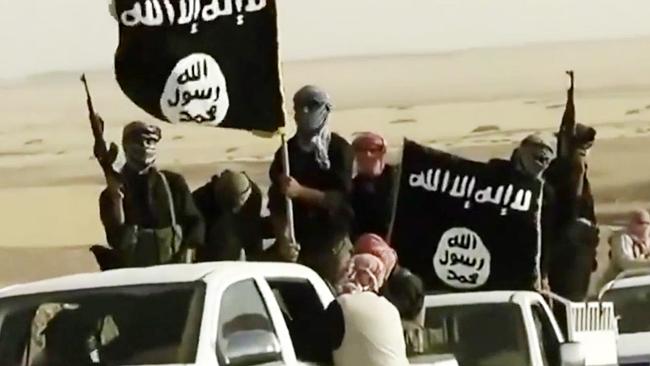
MOST of the time brands are delighted when consumers profess their love for their product or service — but there are some notable exceptions.
While most of the time the attention is welcome, companies also have to contend with uninvited brand ambassadors who don’t exactly embody the image or values that marketers hope to convey. Just ask Toyota.
The revelation that ISIS fighters love to tear around in Toyota vehicles in propaganda videos and parades is enough to make the Japanese car company issue a recall.
Here are some other unfortunate brand associations:
OLIVE GARDEN AND KENDRA WILKINSON
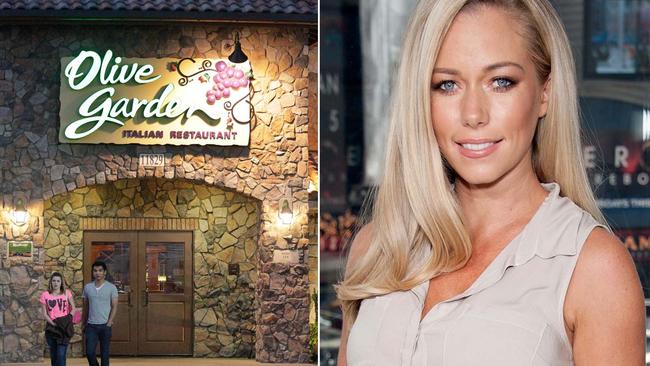
Playboy cover model Kendra Wilkinson managed to make the owners of the Italian eatery blush. In 2008, the then live-in girlfriend of Hugh Hefner wouldn’t stop talking to her fans about Olive Garden on TV and via social media. She even sponsored an informal modelling contest for Olive Garden waitresses. Olive Garden’s parent company, Darden Restaurants, had worked hard to cultivate a family-friendly image and wasn’t nearly as excited about their unofficial spokeswoman.
NIKE AND THE HEAVEN’S GATE CULT
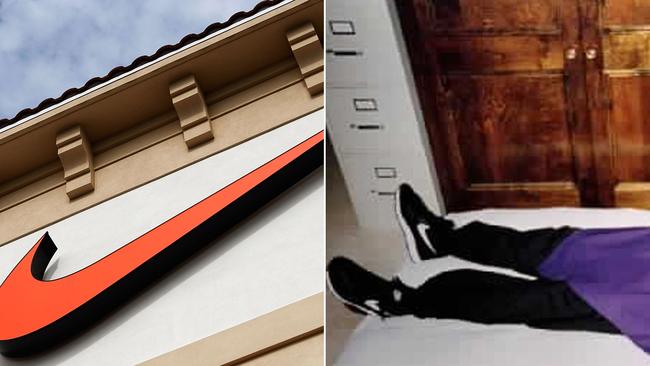
The grizzly discovery on March 26, 1997, that all 39 members of the Heaven’s Gate cult had committed mass suicide was bad enough. Even more disturbing for Nike was that they were all wearing the same shoes: brand new black-and-white Nike Decades. The morbid image of the bodies covered with purple clothes — but their shoes sticking out — made the front page of major newspapers around the globe. Nike immediately discontinued the shoe, making it something of a collector’s item as a result.
COKE/PEPSI AND OSAMA BIN LADEN
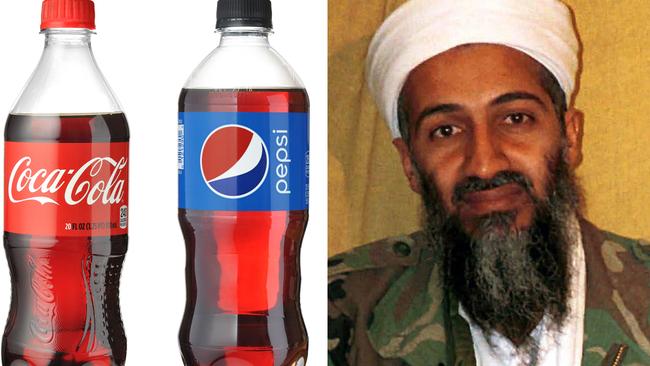
Osama bin Laden hated America, but he loved that quintessential symbol of Western consumerism: sugary soda. Among the more unusual details to emerge from years spent hiding in an Abbottabad compound was that the late terrorist leader was a big fan of Pepsi and Coca-Cola. Unlike most Americans, he favoured both brands equally and would regularly place orders of the soft drinks at a nearby grocery store, according to reports. What’s a brand to do when the No. 1 baddie likes your brand? Not much.
ABERCROMBIE AND MIKE “THE SITUATION” SORRENTINO
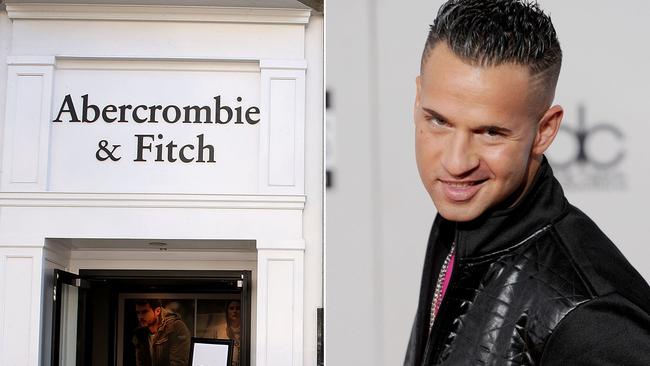
Abercrombie & Fitch did not want Mike “The Situation” Sorrentino — whose nickname refers to his abdominal muscles — to wear its clothing. Despite racy ads showing plenty of beefcakes, the star of MTV’s “Jersey Shore” was a sixpack too much for A&F. In 2012, the retailer offered to pay Sorrentino to stop wearing its duds.
In a statement titled “A Win-Win Situation,” the company voiced “deep concern” over the connection to Sorrentino and offered a “substantial payment” to get the reality-TV star “to wear an alternate brand.” Sorrentino hit back with suit accusing the company of abusing his name, image and trademark by asking him to not wear its clothes. He lost the suit but the company didn’t come out looking much better.
This article originally appeared in New York Post and was reproduced with permission.



